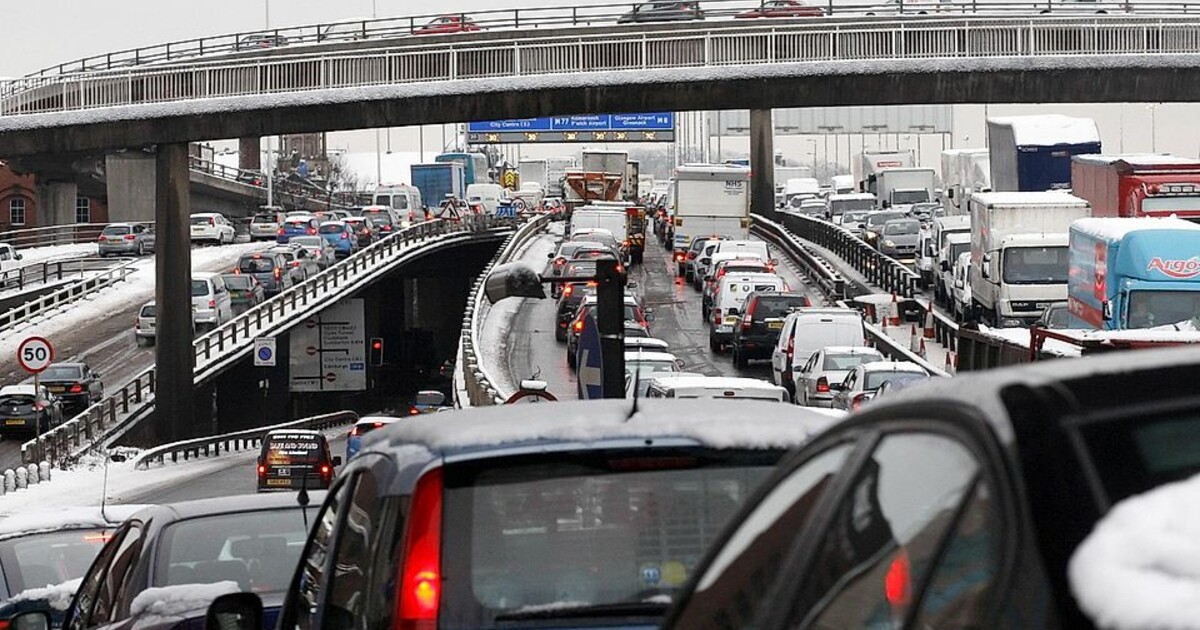Park The Hysteria

Last month the Scottish Parliament voted for the £42.5billion Scottish Budget thanks to a deal between the Scottish Greens and the SNP. In previous years Greens have focused on securing funding for vital local services and this year we went much further.
We secured a package of measures that will reform how local government is funded, making taxes fairer and giving public sector workers and the services we all rely on security and stability. Part of that package was government support for my amendment to the Transport Bill, which aims to give local councils the power to design, consult upon and introduce a workplace parking levy if they choose.
This modest measure has attracted the combined fury of the Tories, Labour and the Liberal Democrats, aligned together behind a hysterical tabloid campaign that has been misleading at best. To those outside the Holyrood bubble, the cause of the current apoplexy must be baffling.
As the Herald’s political editor Tom Gordon observed last week: “Local governments across Europe raise and collect numerous taxes. It is the norm. Two decades on, Holyrood should surely be more adult about tax, and let councils get on with it.”
My proposal is based on powers that local councils in England have had for 18 years. It was first proposed by the UK Labour government but removed by the Labour-Lib Dem Scottish Executive when they caved in to pressure from the business lobby. It has been implemented by a Labour-run council in England, and Labour councillors in Edinburgh have called for it. Lib Dem MSPs used to support devolving such power but are now inexplicably opposed to it.
The Tories’ knee-jerk reaction was predictable but for Labour and the Lib Dems to perform such a rapid hand-brake turn reeks of opportunism. They are happy to play along by talking about "The levy proposed by the SNP and the Greens..." when there is no proposed levy.
Why would political parties who claim to be concerned about air pollution, climate change and local democracy rage against such a win-win policy? Could it be that they actually distrust localism?
The Scottish Greens believe in local decision-making. We want to rebuild local democracy in Scotland so that communities have more control to address the issues that affect them, just like local government in most other European countries. Powers to introduce a Workplace Parking Levy where appropriate – and powers to introduce a tourist tax, which we also secured as part of the Budget negotiations – are small steps towards this vision. Once introduced, however, it’s not for MSPs in Holyrood to develop such schemes. That is the job of Local Government, who understand and are able to engage with their communities, and are able to tailor policy so that it has the impact it needs to have.
Is it any wonder that public trust in politicians generally is so low, when some parties so readily misrepresent and exaggerate? And all to cover their own unwillingness to engage constructively in a parliament of minorities, where every day presents an opportunity to help our communities. Mind you, public trust in local councillors is greater than for members of parliament, so perhaps it’s a case of jealousy from certain MSPs that explains their irrational desire to hoard powers centrally.
As for the actual benefits of a parking levy, should a local council decide it’s an option they wish to pursue, let’s remember the public health crisis we face in towns and cities across Scotland.
Traffic fumes are linked to poor mental health, reduced intelligence among children in polluted areas, and a record number of asthma deaths. Air pollution is linked with around 40,000 early deaths a year in the UK. On top of that, road congestion costs the UK economy nearly £8 billion a year.
In Nottingham, the decision to levy a charge on large employers came about after transport officers found that congestion was a significant problem in the city during peak commuter times. The charge of £400 per year per space is passed on to half of the car drivers affected. There are exemptions for emergency service workers and Blue Badge holders, and an extensive business support package.
The council has ensured alternatives such as car clubs and bike hire, travel planning support, and integrated ticketing for public transport. It has resulted in a big shift toward public transport, walking and cycling. Climate change emissions are down by a third. Revenue of over £50million has been raised and reinvested in the city’s transport infrastructure.
Campaigners and academics this week wrote to all five Scottish political leaders in frustration at some parties’ attempts to mislead and spread falsehoods about an idea that has been shown to deliver benefits to public health, the environment and the economy. Organisations such as WWF and the Confederation of Passenger Transport see the opportunity presented by my amendment. I look forward to delivering a power local government in Scotland should have had long ago. It will bring us a step closer to a transport system fit for the future.
